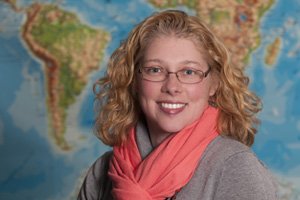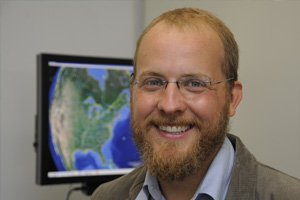 Zachary Christman, Ph.D. Zachary Christman, Ph.D.
Department Chair
Associate Professor / Director GIS Program
Ph.D. from Clark U. Graduate School of Geography
christmanz@rowan.edu
856.256.4810
Discovery Hall 128
Dr. Christman specializes in the application of geospatial analytical methods to understand human-environment systems, on topics including land systems science, health geography, and spatial uncertainty. He has active research projects in Chiapas, Mexico, the Yucatan Peninsula, New Jersey, and the Greater Philadelphia region. He currently teaches Intro to Mapping and Geographic Information Science, Geospatial Modeling, Remote Sensing of Environment, Cartography and Digital Image Processing.
|
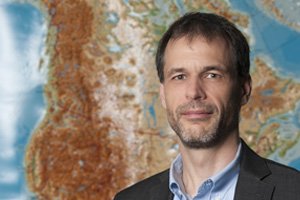 John Hasse, Ph.D. AICP John Hasse, Ph.D. AICP
Professor / Director of GeoLab
Ph.D. from Rutgers U.
hasse@rowan.edu
856.256.4812
Robinson Hall 315G
website
Dr. Hasse is a Professor in the Dept. of Geography, Planning & Sustainability and the founder/director of the Geospatial Research Laboratory, the department's hub for funded projects and community outreach activities. Since 2009 the "GeoLab" has conducted over $2M in externally funded projects. Dr. Hasse's research focuses on land development patterns and associated land resource impacts, smart growth planning evaluation and the nexus of land use, transportation and sustainability. Dr. Hasse has been involved in community development activities in the state, visualization of the impacts of sprawl and has testified as an expert witness. Since joining the department in 2001 Dr. Hasse has taught and developed many of the department's courses in planning, GIS and introductory geography. Dr. Hasse's most recent teaching interest involves integrating the concepts of Big History as a unifying theme across the department's Gen Ed courses.
|
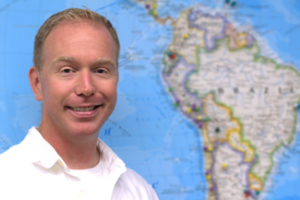 Kevin Keenan, Ph.D. AICP Kevin Keenan, Ph.D. AICP
Ph.D. from Clark U.
keenankp@rowan.edu
856.256.4231
Discovery Hall 223
Dr. Keenan is an associate professor and the chairperson of the Department of Geography, Planning, and Sustainability in the School of Earth and Environment. Dr. Keenan earned his doctorate in urban geography from Clark University in 2009, a master’s degree in geography from Hunter College in 2005, and a master’s degree in public policy from the State University of New York at Stony Brook in 2000. His undergraduate degree, awarded in 1999, is also from Stony Brook. Dr. Keenan studied Political Science, Philosophy, and History, graduated summa cum laude, and is a member of Phi Beta Kappa. Dr. Keenan achieved certification as a planner from the American Institute of Certified Planners in 2014, and he has maintained this certification. Dr. Keenan is also trained in diversity and inclusion. Dr. Keenan has published widely on the topics of environmental risk and hazards, and he has applied those theories to the study of novel threats including terrorism and cyber vulnerability. Keenan’s work appears in several journals of note, including Environment and Planning A, Urban Affairs Review, and Urban Geography. Most recently, Dr. Keenan has studied the application of theories of terrorism to the study of the Mother Emanuel Church shooting that occurred in Charleston, SC in 2015 and the articulation of race and racism in the U.S. south. In addition, Dr. Keenan has published research on how students learn research methods in geography, as well as how gender affects the interpretation of risk. Formerly, Dr. Keenan was an associate professor in the Department of Political Science at the College of Charleston in Charleston, SC and a core faculty member in the Public Administration Program. Dr. Keenan also maintains a teaching affiliation in Hunter College’s Department of Urban Policy and Planning.
|
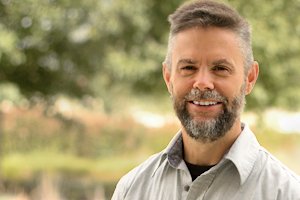 Charles McGlynn, Ph.D. Charles McGlynn, Ph.D.
Assistant Professor
Ph.D. from Rutgers U.
mcglynn@rowan.edu
856.256.4811
Discovery Hall 130
Dr. McGlynn is an Instructor in the Department of Geography, Planning, and Sustainability and the director of Rowan’s Water Resources Lab which is focused on water quality issues and access to safe drinking water. He has an active research project in Cebu City, Philippines and serves as the faculty advisor for the Rowan Univ. Philippine American Coalition (RU PAC). His courses include: Water Resources Planning, Earth Science Laboratory, the Geoscience of Natural Disasters, and the Geography of Asia and Population. Dr. McGlynn came to Rowan University after a career in the airline industry where he managed for two US majors. He has been the recipient of several awards and honors including the National Geographic Society Award for Excellence of Scholarship, Rowan University’s Wall of Fame and Innovations in Teaching Using Technology awards. He serves on the boards of South Jersey Land and Water Trust and New Pathways to Enterprise: Enabling women and their families through innovative livelihoods and is Treasurer of the Delaware Valley Geographical Association. He is also active in his community as a member of the Monroe Township Open Space Committee and serves in the U.S. Coast Guard Auxiliary.
|
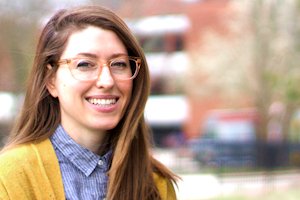 Jennifer Kitson, Ph.D. Jennifer Kitson, Ph.D.
Associate Professor
Ph.D. from Arizona State U.
kitson@rowan.edu
856.256.4817
Westby Hall 209H
Curriculum Vitae
Dr. Kitson is an associate professor in the Department of Geography, Planning, & Sustainability. She is a west coast transplant with three degrees in geography: a doctorate from Arizona State University, a master’s degree from California State University, Los Angeles, and a bachelor’s from San Francisco State University.
Dr. Kitson’s research explores urban, environmental, and social issues through the lived experience of place. She investigates the role of embodied experience in making just, hospitable, and sustainable communities, including on topics such as urban history, memory and nostalgia, smell and place, public art and space, pedestrian and public geographies, sustainable urbanism, and placemaking. She has published in journals such as cultural geographies, GeoHumanities, and Environmental Values and serves on the Women’s and Gender Studies Council at Rowan University. She is committed to cultivating inclusive learning communities in the courses she teaches, including Cultural and Urban Geography, Sensing the Sustainable City, and Senior Seminar. Students in her courses undertake experiential learning and fieldwork in exploring the social and sensory dimensions of public life and space as critical dimensions of pluralistic and sustainable communities.
|
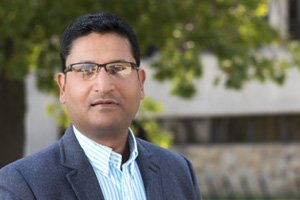 Mahbubur Meenar, Ph.D. Mahbubur Meenar, Ph.D.
Associate Professor
Ph.D. from Temple U.
meenar@rowan.edu
856.256.5812
Discovery Hall 126
Curriculum Vitae
Research lab web site:
https://www.planviz.org
Dr. Mahbubur Meenar is an Associate Professor of Planning in the Department of Geography, Planning, and Sustainability and the director of Community Planning + Visualization Lab at Rowan University. Dr. Meenar has a multi-disciplinary background in architecture (B.Arch.), urban planning (M.U.P), and geography and urban studies (Ph.D.). He examines the connection between human and spatial dimensions (e.g., natural and built environments) in developing plans for sustainable and resilient communities, focusing on the nexus of land, water, and food. His specific research interests include (i) community food systems, environment, and security; (ii) blue, green, and grey infrastructure; (iii) sustainable development, design, and policy; and (iv) digital tools, technologies, and societies. Dr. Meenar has served as the principal investigator on research grants funded by the US EPA, NASA, Robert Wood Johnson Foundation, and other agencies. His work has been published in leading journals. Dr. Meenar currently teaches Environmental and Sustainability Planning, Geovisualization, Planning Studio, and Community Planning & Site Design.
|
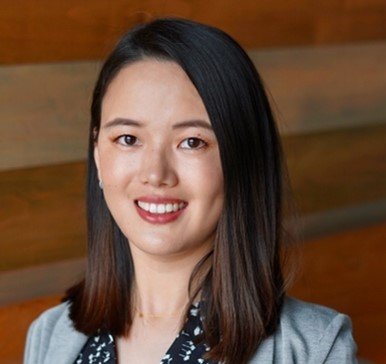
Qian He, Ph.D.
Assistant Professor
Ph.D. from the University of Texas at Arlington
he@rowan.edu
Discovery Hall 124
Website: https://qianheplanning.wordpress.com/
856.256.4500 x53977
Dr. Qian He is an Assistant Professor in the Department of Geography, Planning, and Sustainability at Rowan University. Her research focuses on the risks and resilience of vulnerable communities at the intersection of the urban built environment, public policy, and climate change. Her research and teaching advocate for equitable planning, adaptation, and response to climate change, including impacts of Sea Level Rise, hurricanes, and Presidential Declared Disasters (PDDs). Trained as a planner, her recent projects use spatial econometric modeling and urban informatics techniques to examine how planning decisions (land use regulation and transportation access) and public policies (federal disaster aid programs and place-based policies) can affect the well-being of historically disadvantaged communities on critical issues including public health disparity, housing affordability, and community safety.
Prior to joining Rowan, Dr. Qian He was a Postdoctoral Research Associate at the University of Maryland, College Park in the Department of Civil and Environmental Engineering. She received her Ph.D. in Urban Planning and Public Policy from the University of Texas at Arlington. She previously taught as an instructor for planning practitioners at Planetizen with her expertise in infrastructure justice and community resilience.
|
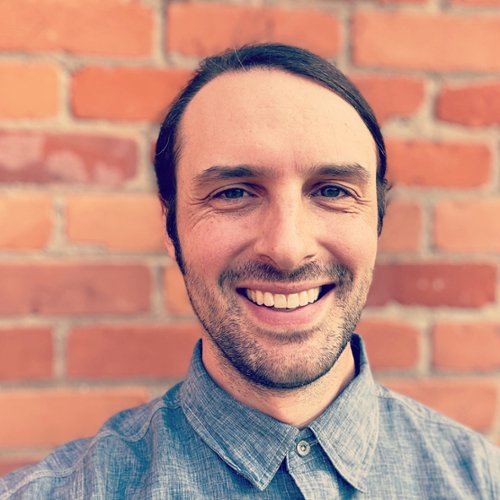
John Mullen
Assistant Professor
mullenj@rowan.edu
856.256.4500 x53638
|
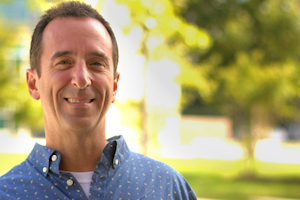
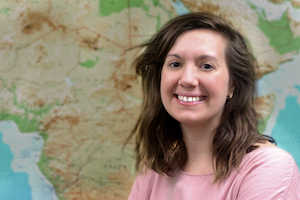
 Zachary Christman, Ph.D.
Zachary Christman, Ph.D. John Hasse, Ph.D. AICP
John Hasse, Ph.D. AICP Kevin Keenan, Ph.D. AICP
Kevin Keenan, Ph.D. AICP Charles McGlynn, Ph.D.
Charles McGlynn, Ph.D. Jennifer Kitson, Ph.D.
Jennifer Kitson, Ph.D. Mahbubur Meenar, Ph.D.
Mahbubur Meenar, Ph.D.

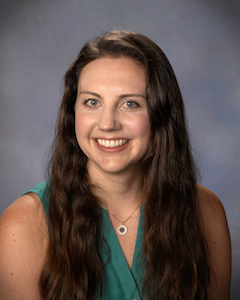
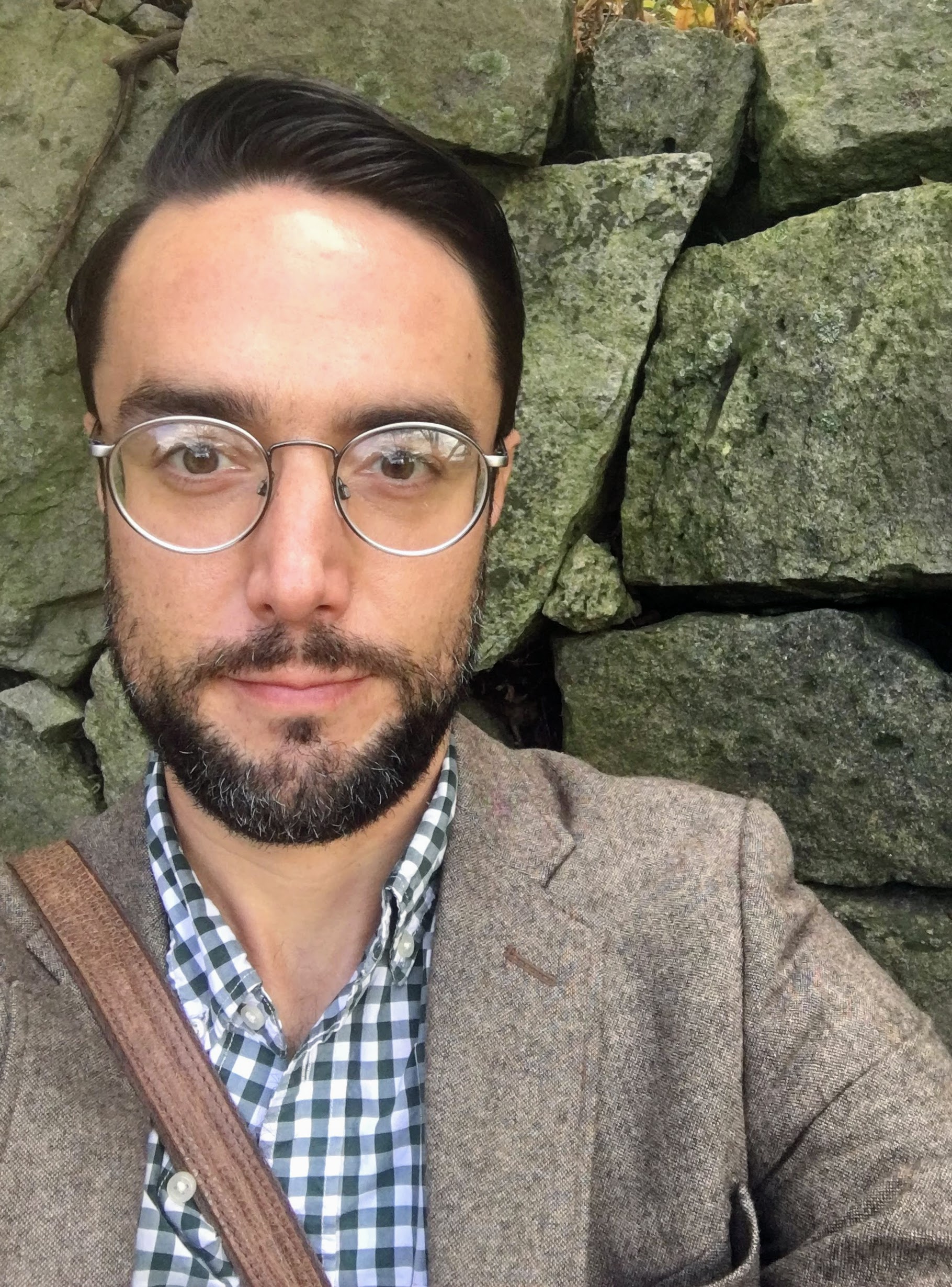
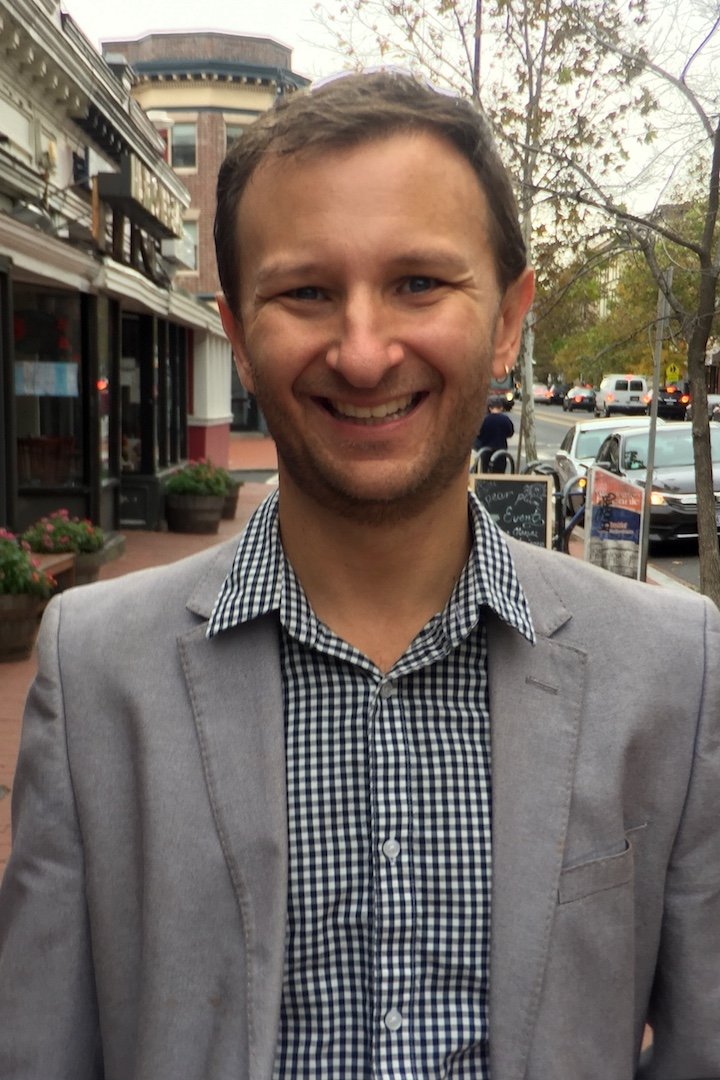
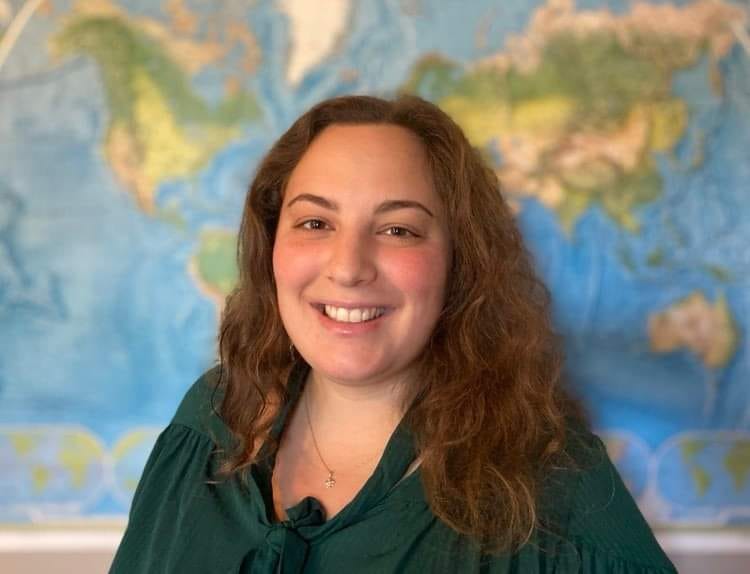 Francesca Mundrick
Francesca Mundrick